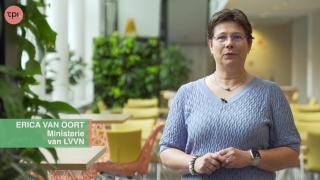Liquid marbles for cardiac organoids development
Advances in three-dimensional (3D) culture techniques have shown several advantages over 2D cultures, especially by more accurately mimicking the in vivo environment. This has led to improved reproducibility and reliability of experimental results, which are important criteria in disease modelling and toxicity testing. Induced pluripotent stem cells (iPSC) provide an unlimited source for the derivation of all cell types of the adult body, including cardiomyocytes. To improve the current culture methods for multicellular cardiac spheroids, such as the hanging drop method, we explored the use of hydrophobic powders. Fumed silica nanoparticles can be used to encapsulate liquid drops, which could serve as a microenvironment for cell cultures. This microbioreactor stimulates cell coalescence and 3D aggregation while providing optimal gas exchange between the interior and the surrounding environment. Moreover, the properties of liquid marble microbioreactors render them ideal for co-culture experiments. This liquid marble technique has been previously explored and optimized for other cell types. Here we describe a protocol that allows for the derivation of functional cardiac mini organoids, consisting of co-cultured cardiomyocytes and cardiac fibroblasts. These cardiospheres can be valuable for modelling cardiac diseases in vitro and assessing cell interactions to decipher disease mechanisms.
Lab website: https://www.medicalcellbiologylab.com/
Contact: https://www.researchgate.net/profile/Jeffrey-Aalders
RE-place database: https://www.re-place.be/method/liquid-marbles-cost-effective-platform-generate-cardiospheres-co-cultured-cardiomyocytes-and
New

Helpathon #12 – Can you help Erica?

The NAM Navigator: A unique repository for information on the validation and acceptance of New Approach Methodologies
